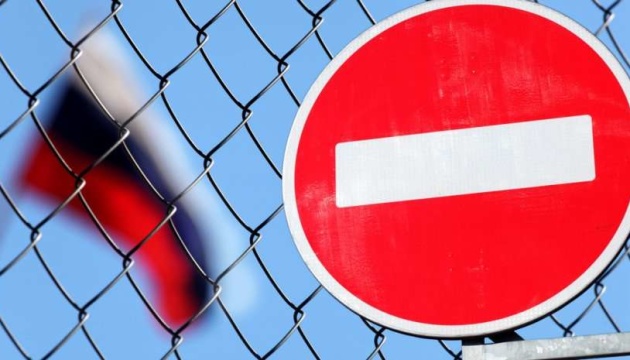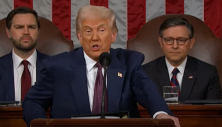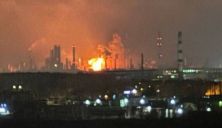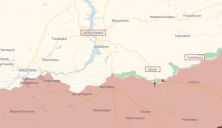Twelve nations have called on the Group of Seven (G7) member states to take additional measures to reduce Russiaєs revenues from energy sales.
This appeal was made in a joint letter from Czechia, Denmark, Estonia, Finland, Iceland, Ireland, Latvia, Lithuania, Norway, Poland, Romania, and Sweden, Ukrinform reports, citing Estonia’s Ministry of Foreign Affairs.
“The joint letter calls on the G7, a group of leading industrialized nations, to reduce the revenues that Russia is earning from the sale of its energy carriers. With these revenues, Russia is funding its continuing aggression in Ukraine. A third of Russia’s revenues and two thirds of its exports are linked to energy carriers,” the statement reads.
The 12 countries that sent the joint letter have continuously pushed for the toughest possible restrictive measures against Russia.
In their joint statement, the like-minded countries call on the G7 to leverage the Oil Price Cap to ensure it continues to serve as a meaningful instrument in curbing Russia’s revenue streams, to impose additional sanctions on Russia’s shadow fleet vessels and involved actors, and to consider additional measures targeting seaborne transportation of Russian-originating exports.
“Russia is using the shadow fleet to fund its war machine. The vessels of the shadow fleet are often old and in poor condition, posing environmental, maritime safety and security risks in Europe and our waters,” the statement said.
In December 2022, the G7, along with the EU and Australia, agreed to pressure buyers of Russian oil by imposing a price cap. The goal was to limit Russia’s oil revenues without causing a global fuel shortage or price spikes.
However, some countries, particularly China, continue to import Russian crude oil without adhering to the price cap.
G7 finance ministers acknowledged violations of the cap in October 2024 and agreed to step up efforts to prevent Russia from circumventing sanctions.
In January 2025, six EU nations urged the European Commission to lower the $60-per-barrel price cap set by the G7, arguing that further reducing Moscow’s oil revenues would weaken its ability to fund its war against Ukraine.













